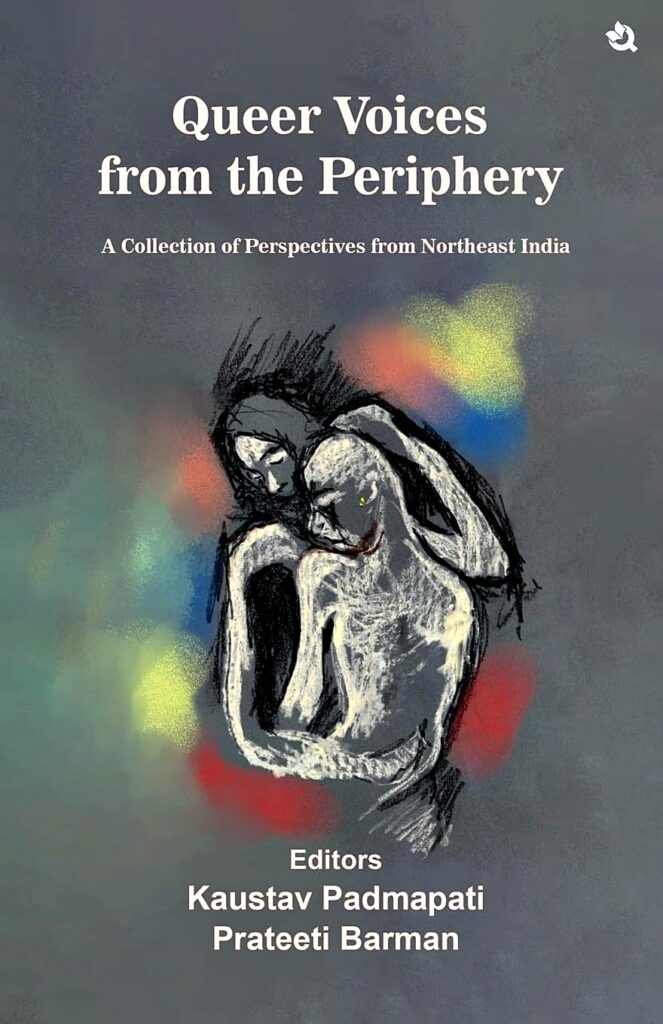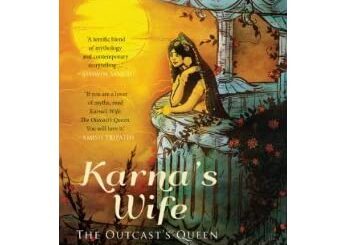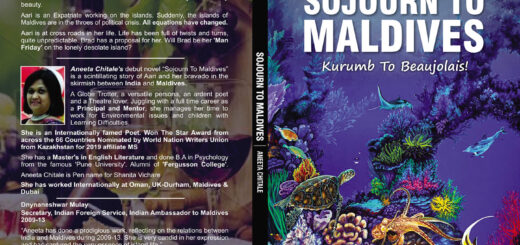A sensitive attempt to hear the unheard ‘third voice’
“I learned about sexuality when I was in high school. I wanted to know if I was such a person or if there were other people like me. I thought I would tell my parents when I mentioned my marriage. I thought I would die if I married a man. After passing high school, I was angry when my mother told me about marriage. I met ‘A’ in the first semester of my BA. After talking, I realized that she was probably like me.’

In exploring the Assamese language, one inevitably confronts an obvious gap: the absence of a recognized term to encompass individuals beyond the traditional dichotomy of male and female. Within this framework, the term ‘third gender’, often equated with ‘queer’, remains an elementary construct, lacking the nuanced depth required for full comprehension. Its acknowledgement in ancient Indian literature and portrayal in artistic depictions of sexual activities serve as examples of historical acceptance, countering prevailing narratives of deviance and abnormality.
Yet, despite this deep-rooted socio-cultural tradition, the contemporary discourse surrounding the third gender has, regrettably, been relegated to the periphery. Social taboos and deeply ingrained prejudices have conspired to throttle open dialogue, relegating the experiences of this marginalized community to the shadows of society’s consciousness. However, amidst this prevailing silence, there exists a glimmer of hope – an increasing recognition and acknowledgement of the inherent rights and dignities of third-gender individuals.
Recent shifts in societal attitudes, coupled with governmental initiatives aimed at addressing the needs and concerns of this oft-overlooked demographic, signify a slow departure from the status quo. Concurrently, scholars and researchers are embarking on a journey of discovery, exploring the psychological intricacies and socio-cultural dimensions of third-gender identity. Through their nuanced analyses and empathetic inquiries, they seek to illuminate the lived experiences of this community, thereby amplifying their voices and advocating for their rightful place within the fabric of society.
Edited with meticulous care and scholarly acumen by Dr. Kaustubh Padmapani and Dr. Prateeti Barman, the book ‘Queer Voices from the Periphery- a collection of perspectives from Northeast India’ serves as a beacon of enlightenment amidst the prevailing darkness of ignorance and indifference. Centered on the portrayal of ‘queer’ identities in the vibrant landscape of North East India, its pages offer a comprehensive exploration of the complexities and challenges faced by this marginalized demographic. While awareness of queer issues may be blossoming in the region, the dearth of literature serves as a poignant reminder of the pressing need for greater social engagement and discourse.
Comprising an anthology of contributions from researchers and scholars, each chapter endeavours to navigate the undiscovered alleys of queer identity with sensitivity and shades. From probing examinations of cultural nuances and identity dynamics to insightful critiques of general homophobia within Assamese society, the book offers a rich compilation of insights and perspectives. Through rigorous research and empathetic inquiry, the authors seek to peel back the layers of societal prejudice and misconceptions, offering readers a deeper understanding of the lived realities of queer individuals.
Namami Sharma’s compelling discourse on homophobia in small-town Assam serves as a stark reminder of the entrenched biases and systemic inequalities that continue to infuse our social fabric. By shining a light on these injustices and advocating for greater awareness and inclusivity, Sharma underscores society’s collective responsibility towards nurturing a more equitable and accepting environment for all its members. It is through such concerted efforts and unwavering commitment that we may begin to dismantle the barriers of prejudice and discrimination that have long hindered the full realization of human dignity and equality.
In intertwining together these diverse narratives and perspectives, the book offers readers a panoramic view of the lives, struggles, and triumphs of queer individuals in the unique context of North East India. From the emergence of queer identities within the cultural landscape to the challenges of navigating societal expectations and prejudices, each chapter serves as a testament to the resilience and courage of those who dare to defy convention and embrace their true selves. Dr. Bibhuti Patel’s commendation of the book as a critical catalyst for encouraging dialogue and understanding among diverse identities speaks to its profound impact and enduring relevance. Grounded in evidence-based research and filled with a deep sense of empathy and compassion, the book stands as a testament to the power of scholarship and advocacy in advancing the cause of equality and justice for all.
First published in






Excellent review on an oft-avoided sensitive topic that deserves a true, sympathetic recognition and support. Thankfully, times are now better attuned to reality – more than mere fiction…!